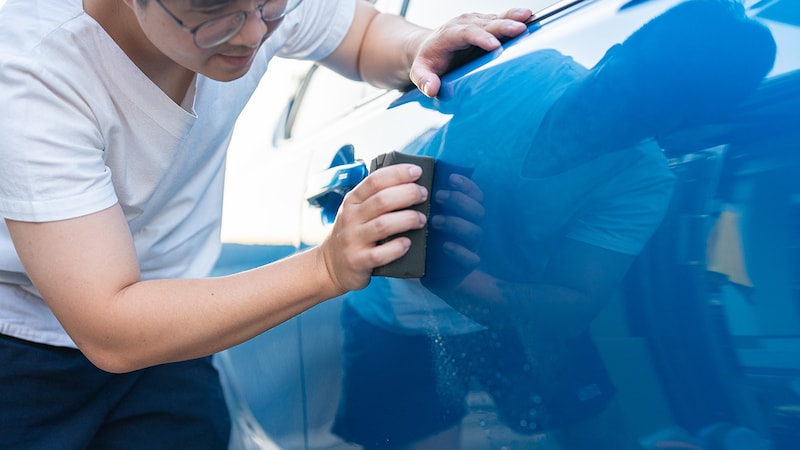A guide to car appraisals

If you’re looking to buy or sell a car, you may want to find out the vehicle’s fair market value before committing to the sale. This is where a car appraisal can prove helpful. Car appraisals come in many forms, but they all help buyers and sellers understand a vehicle’s worth.
Types of car appraisals
There are several types of appraisals available to car buyers and sellers. The type of car appraisal you choose will depend largely on individual circumstances, including where you shop for the vehicle. Here are some of the most common types of car appraisals:
Guidebook appraisal
There are a variety of guidebooks and online websites that allow you to appraise a car on your own. All you need to do is enter a few key details, like the car’s make, model, year, mileage and overall condition, to get an appraisal estimate. Since the information is self-reported, it's best to treat a guidebook appraisal as more of a “ballpark” figure.
Dealership appraisal
If you plan to trade in your vehicle, the dealership will typically provide you with a valuation after looking at your car. You may want to get offers from several dealers, as this can give you a better idea of the car’s worth and may help improve your negotiating position.
Lender appraisal
If you’re taking out an auto loan to finance your purchase, the lender may want to conduct a vehicle appraisal of their own. This is because the car’s value typically plays a large role in determining how much the bank is willing to loan. It’s risky for a bank to lend more than the car is worth, and could also put the purchaser in a bad situation.
Independent professional appraisal
Appraisals may also be performed by independent professionals. This is especially common for the sale of classic cars.
How do car appraisals work?
Regardless of the type of vehicle appraisal, most appraisals will evaluate the car on similar criteria:
Title and registration
Appraisers will look over the car’s title and registration information to ensure everything is in order. They'll usually look up the vehicle identification number (VIN) via a vehicle history search service to verify ownership history.
Maintenance history
Appraisers will typically look at the vehicle’s maintenance history to see if the vehicle has been involved in any accidents or had any major repairs that may affect its value.
Exterior and interior condition
The appraiser will examine the overall condition of the car’s interior and exterior. Doors, windows, lights, electronics, knobs and buttons should all be working properly. They'll examine the car's body, noting any dings or dents. They also look under the hood to ensure fluid levels are where they should be and that there are no leaks.
Test drive
Finally, the appraiser may take the car for a test drive. They'll check to see how the engine starts and stops and how the vehicle performs at speed, including handling and braking. Once that's done, they'll use all the information they've gathered to estimate the car's value.
In summary
If you’re trying to answer the question “what is my car worth,” there are car appraisal options that provide anywhere from a rough estimate to a comprehensive report on the car’s condition and value. Whether you’re buying or selling a car, doing some research is often an effective way to improve your negotiating position. This helps ensure that neither you nor the other party has unrealistic expectations about the car’s worth.



